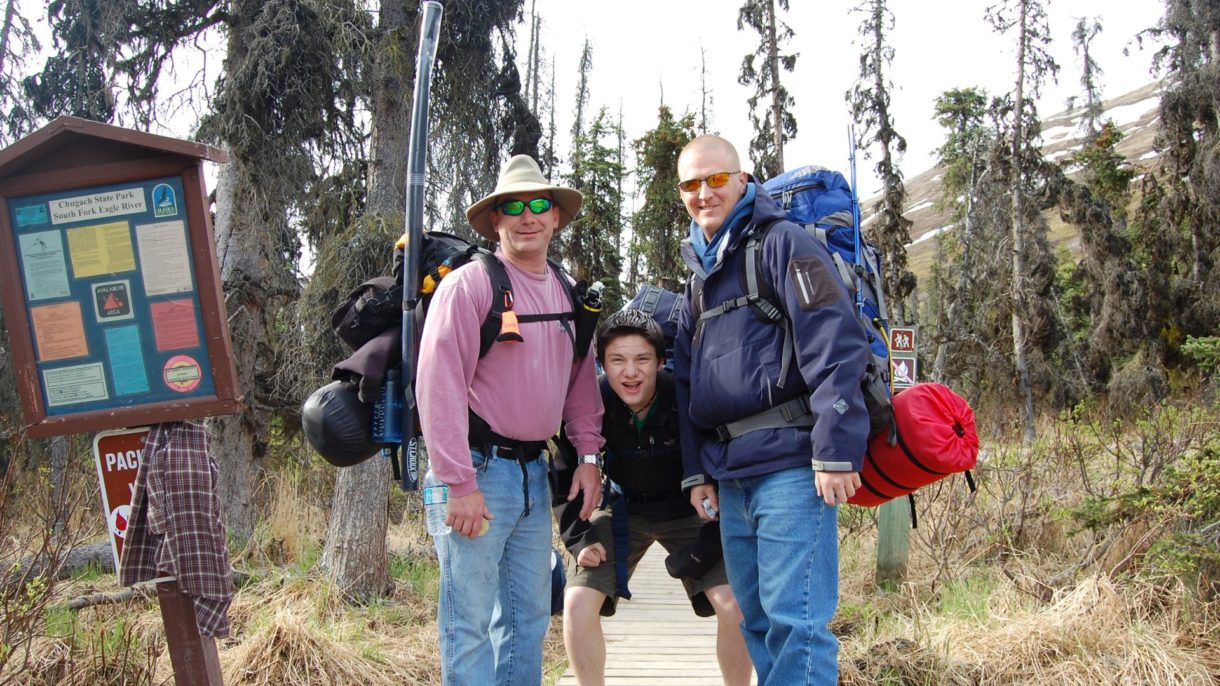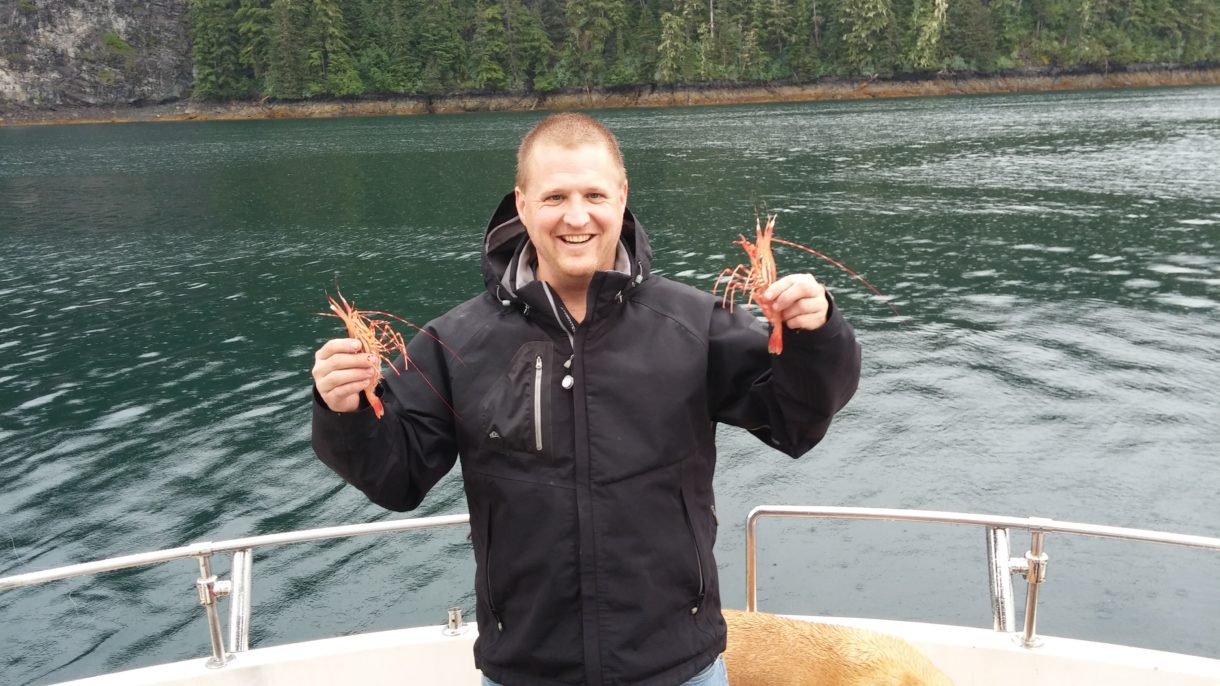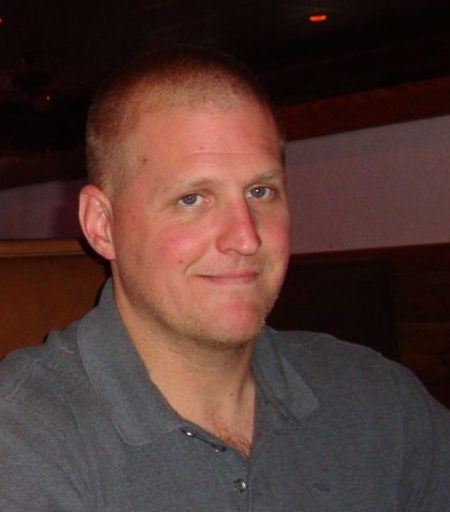Featured Survivor Story:
Steve Banks, Stage III Survivor, Doesn’t Let Melanoma Define His Life

by Mara Klecker
Steve Banks doesn’t often bring up his melanoma diagnosis during a first date, though he’s always forthright if asked about the long scar on his neck where doctors removed his primary site of melanoma about a decade ago.
“I’m an upfront and honest person,” Steve said. “But I won’t let melanoma define my life.”
Steve would rather spend the first date talking about his love of mountain biking and fishing than the details and timeline of his melanoma journey. He’d rather tell stories about his years living in Alaska than recount the surgeries and treatment he’s undergone since 2010.
Still, Steve said he has noticed a shift in his perspective that affects the way he dates and who he’s looking for in a partner.

“You think you’re 10-foot tall and bulletproof and then you suddenly find out that you’re not,” he said. “So I have this understanding now that nobody is guaranteed tomorrow.”
That means that Steve is looking for a partner to share that view – someone who is more focused on enjoying the present than planning for an unknown future.
“It’s not easy to be positive all the time of course, but it’s about not letting the disease disrupt or take away from my life,” he said.
Steve was initially diagnosed with Stage III melanoma in 2010. He had a spot behind his right ear that his mother had long been nagging him to get checked out. A barber noticed it too – and told Steve he should go see a doctor.
Steve was 36 and living in Alaska when he went in to see a doctor because he needed medicine to treat a stubborn cold. It was during that appointment that Steve had the spot biopsied. When he got the phone call telling him to come back in, he knew the news wasn’t good. After three surgeries, Steve underwent chemotherapy and focused radiation on his neck, which affected his salivary glands. Even now, he experiences frequent cottonmouth and he can’t go long without a drink of water.
“I wouldn’t wish that treatment on my worst enemy,” Steve said.
In  2013, doctors found that his melanoma had spread to his chest. He went through another round of chemo and focal point radiation. In 2016, doctors declared him NED.
2013, doctors found that his melanoma had spread to his chest. He went through another round of chemo and focal point radiation. In 2016, doctors declared him NED.
“I do worry that it will probably come back and I want to catch it early,” Steve said. “I have to come to terms with the possibility that it’ll come back and grab a hold of me.”
During his own treatment, Steve remembers sitting in waiting rooms alongside young children.
“Those kids were fighting for their lives and they hadn’t lived even a third of what I’ve lived,” said Steve, who is 48. “I’ve lived half a century. I have to be thankful for that.”
Steve lives and works in Texas now where he cares for his mother as needed. He is a mentor with AIM at Melanoma’s Peer Connect program and said he’s eager to start volunteering more as a way to offer the kind of support that helped him through his own melanoma experience.
“I know I took a lot for granted,” Steve said. “Now I’m thankful for every day I get.”






